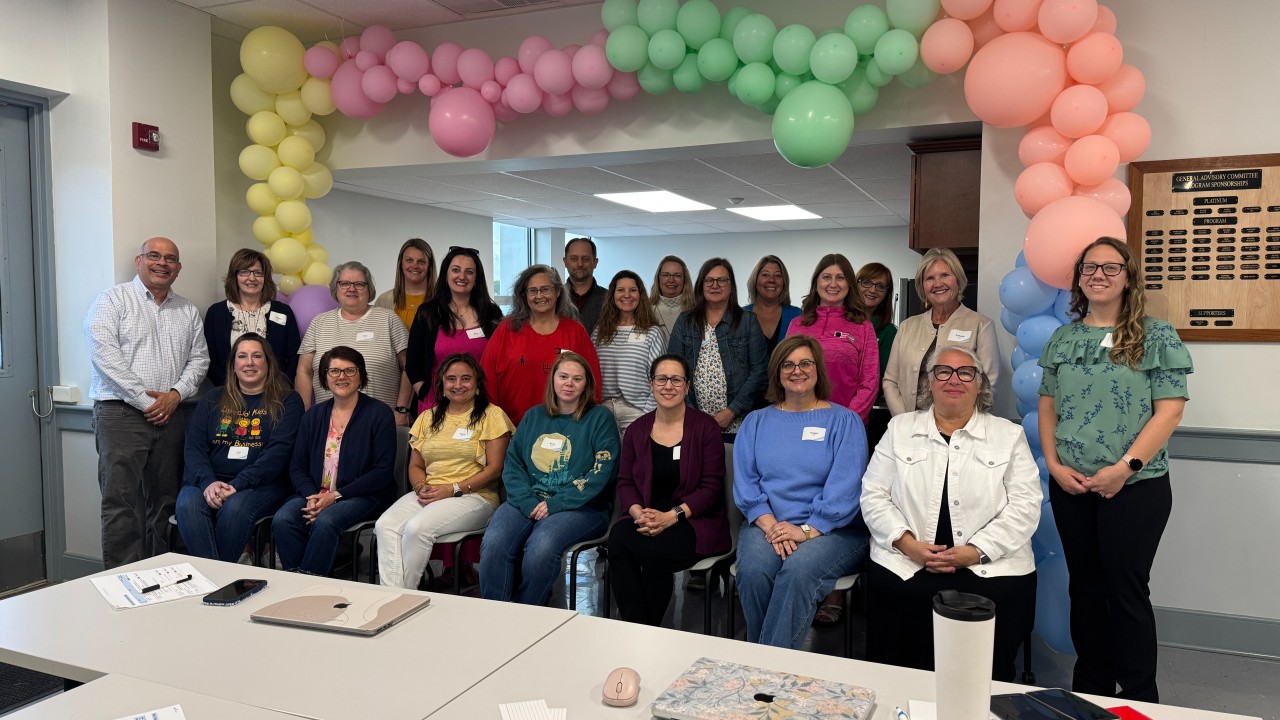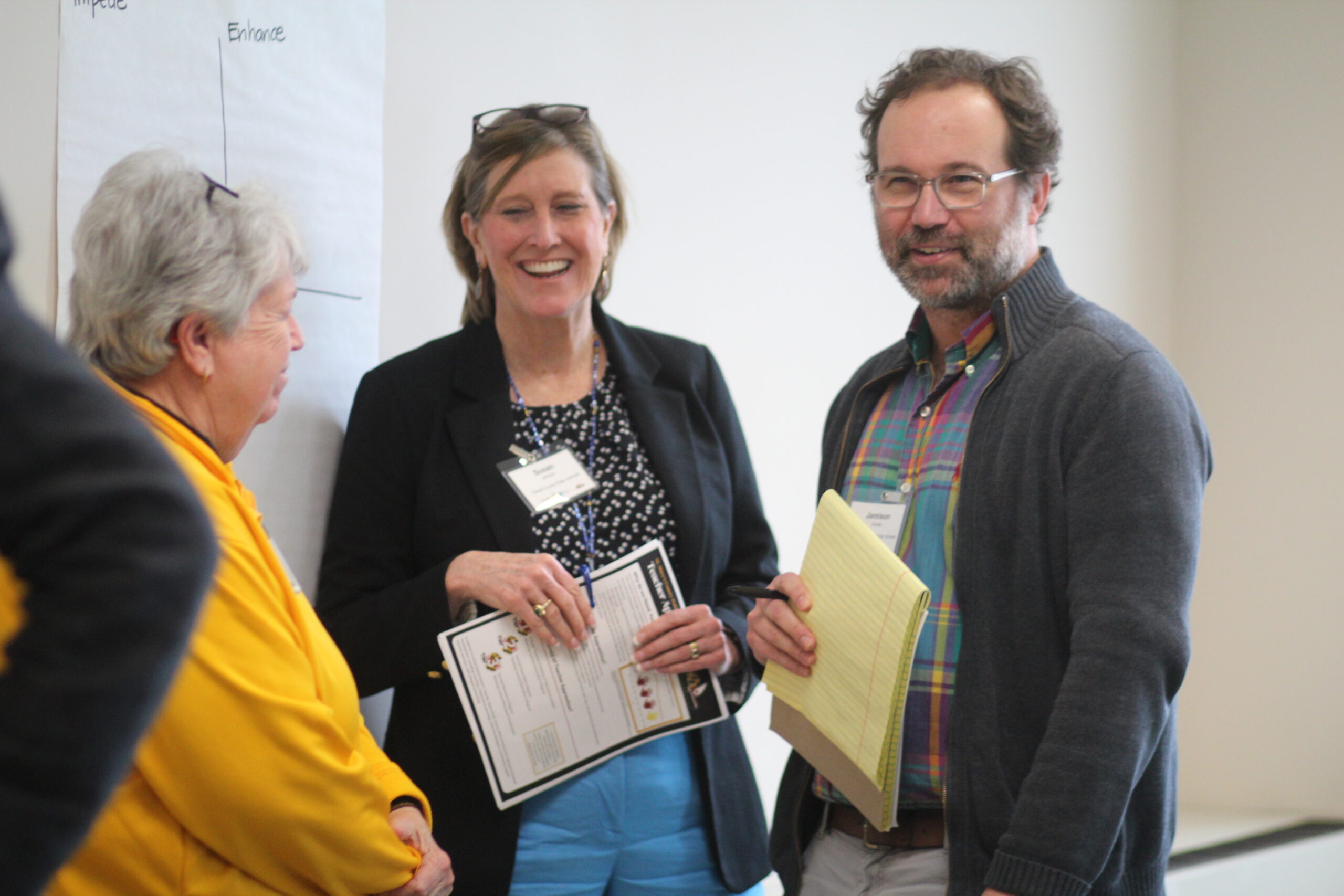Workforce development expert and America Achieves CEO Jon Schnur is excited to see what region — or regions — in America will lead the way in developing a model for training a new generation of workers, focusing on the knowledge, skills and competencies needed to succeed in high-growth, high-wage jobs and careers. “We don’t know [where] those will be yet, but they’re out there,” he recently told NCEE.
Already, Schnur says he’s starting to see signs of big cities and rural communities taking collective action toward building a stronger linkage between schools and employers so that learning and work are much more aligned and integrated.
Schnur’s organization, America Achieves, focuses on closing the gap between education and the workforce in a changing economy. He is also co-founder of New Leaders for New Schools and has been an advisor to several U.S. presidents. Since 2011, Schnur has served as Bloomberg Philanthropies’ lead outside advisor on education and skills.
In his latest Global Ed Talk, NCEE CEO Anthony Mackay speaks with Schnur about the importance of a “Good Jobs” federal agenda and the role of career pathway systems. The “Good Jobs Challenge” grant, part of the American Rescue Plan, provides a significant influx of funding to create and implement regional industry-led workforce training systems, with programs that lead to good-paying jobs. Given that opportunity, workforce development agencies and education systems would do well to keep certain principles in mind.
The United States shouldn’t try to copy and paste successful education models from other countries, says Schur. Instead, America needs to develop its own strategy based on best practices in countries such as Switzerland. He notes that Switzerland’s well-regarded apprenticeship model blends classroom-based and work-based learning, giving young people an opportunity to apply what they are learning on the job, under the guidance of experienced professionals. Swiss employers reap the benefit as they directly engage in the training and preparation of the next generation of workers. Having employers, both individually and collectively, at the table here in the U.S. will be crucial, says Schnur.
The Good Jobs Challenge is designed to stimulate innovative industry-driven training programs keyed to regional needs and focused on connecting unemployed or underskilled workers to existing and emerging job openings. “I think we’ve got to try out a bunch of approaches. Clearly not [adopt] a federal plan, clearly not just one size fits all,” Schnur said. “Each state, region, and community will have to figure it out for themselves.”
In his conversation with Mackay, Schnur laid out a few principles for setting up a more aligned and integrated workforce training system. They include: a better understanding of what companies in high-demand fields are seeking from workers, a strong foundation of academics in addition to technical skills, a better blending of classroom-based learning and learning in a workplace to give students opportunities to apply their knowledge and build their professional skills, and a more coherent lifelong learning system to keep skills current with job demands.
“If we look at education only within the education system, in the end, we’re going to wind up staying with more of the same (rather) than adapting,” Schnur said. “Removing the moat that separates education from the economy is key, because that’s going to inform and fuel and support education.”
Watch Schnur’s full NCEE Global Ed Talk below or listen on iTunes or Spotify.




